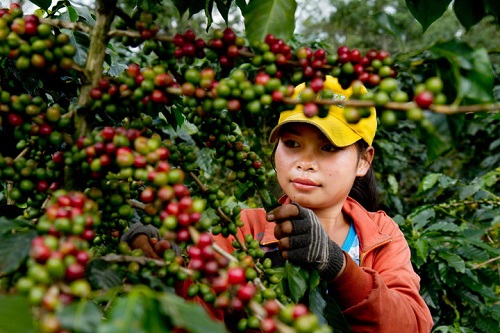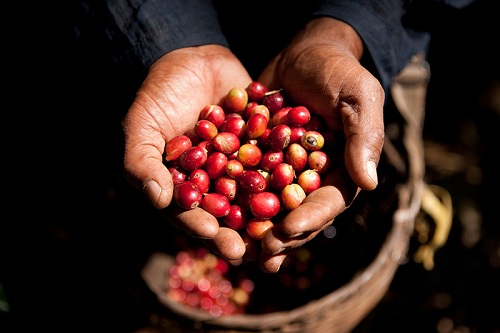Laos To Boost Coffee Value With GI Certification
Source: Vientiane Times
Laos is preparing to certify its homegrown coffee as a Geographical Indicator (GI) and as a member of the International Coffee Organisation (ICO).
The move will help to maintain the value of Lao coffee, after progressive price decreases over the past two years.
The Lao Coffee Association is consulting with government and private entities about the duties and responsibilities involved in negotiating and coordinating this work.
Association official Mr Sivilay Xayaseng told Vientiane Times yesterday these two steps would boost the value of Lao coffee products on the world market.
The price of Arabica coffee has fallen to about US$2,700 a tonne at present, while Robusta sells for just over US$1,500 a tonne, he said.
Due to a slump in coffee prices on the world market, the sale price of Lao coffee has been declining since 2014.
The price of Arabica coffee in 2012 was about US$5,200 per tonne, while Robusta sold for US$2,200 per tonne.
In 2013 Laos exported 30,000 tonnes of coffee valued at US$72 million. In 2014 total coffee exports dropped to 26,000 tonnes valued at US$60 million. Last year exports fell further to 23,000 tonnes valued at US$50 million, the Lao Coffee Association reported.
Most of the Lao coffee crop is exported to Chinese Taiwan, Italy, Japan, Spain, Poland, Germany, US, France, Belgium, Sweden, Thailand and Vietnam.
Coffee is one of Laos’ top income earners, among all Lao exports of agricultural products.
Despite the fall in prices, the number of coffee growers remains stable.
The country currently farms 75,000 hectares of coffee, mostly on the Bolaven Plateau in Champassak, Xekong and Saravan provinces.
Coffee production in Laos is strong compared to other countries, especially Asean countries.
Laos is the third-largest coffee producer in Southeast Asia, after Vietnam and Indonesia.
Indonesia is the third-largest coffee producer and exporter in the world, according to an Asean briefing.
Despite its great geographical location for coffee cultivation, production of coffee in Thailand is low compared to countries like Vietnam and Indonesia.
The quality of Lao coffee products has improved because of the cooperation and support of government organisations and the private sector.
Only a few coffee producers in Laos have received organic certification so far, while many others support the concept, Mr Sivilay said.




